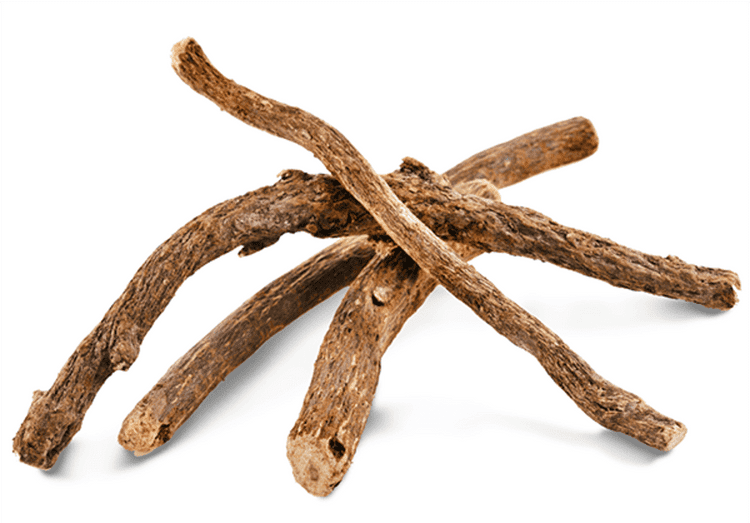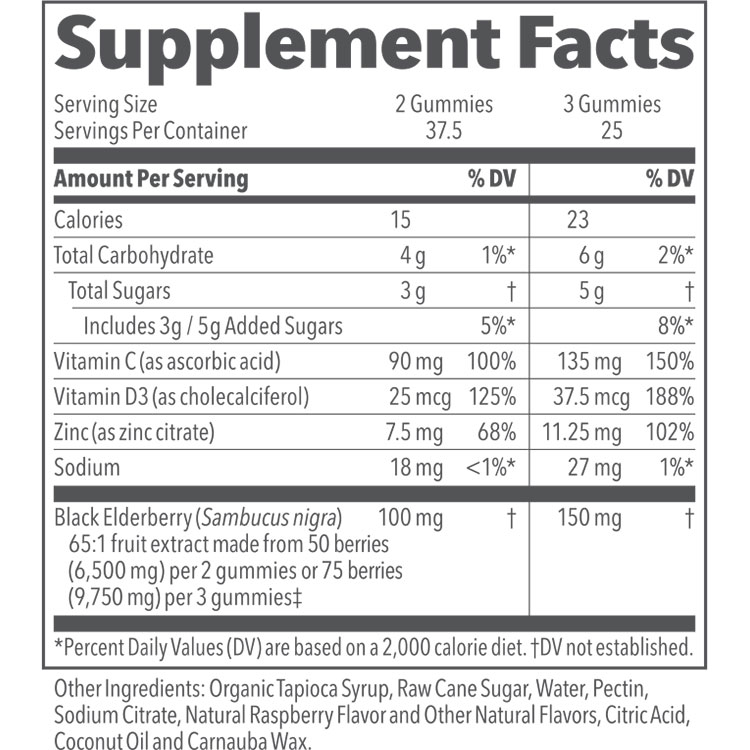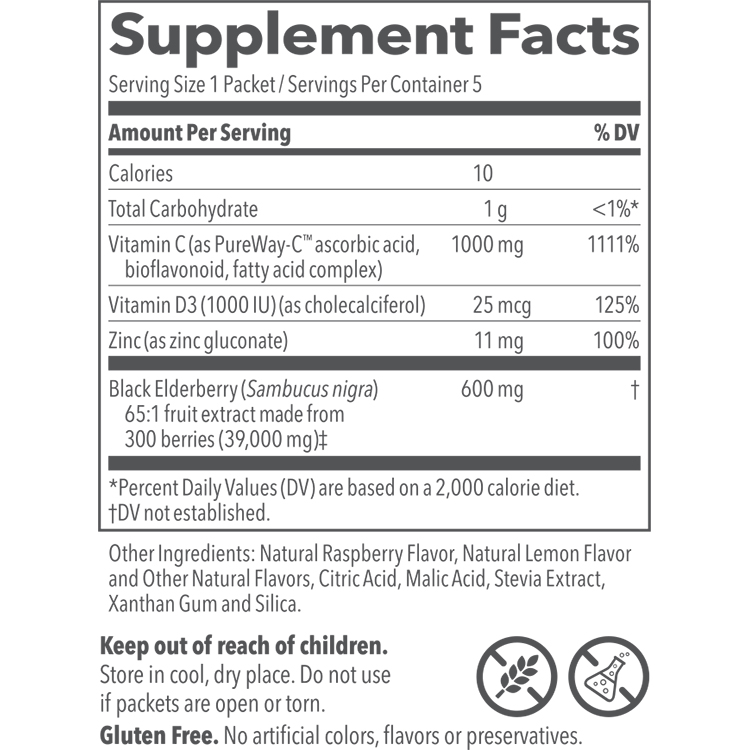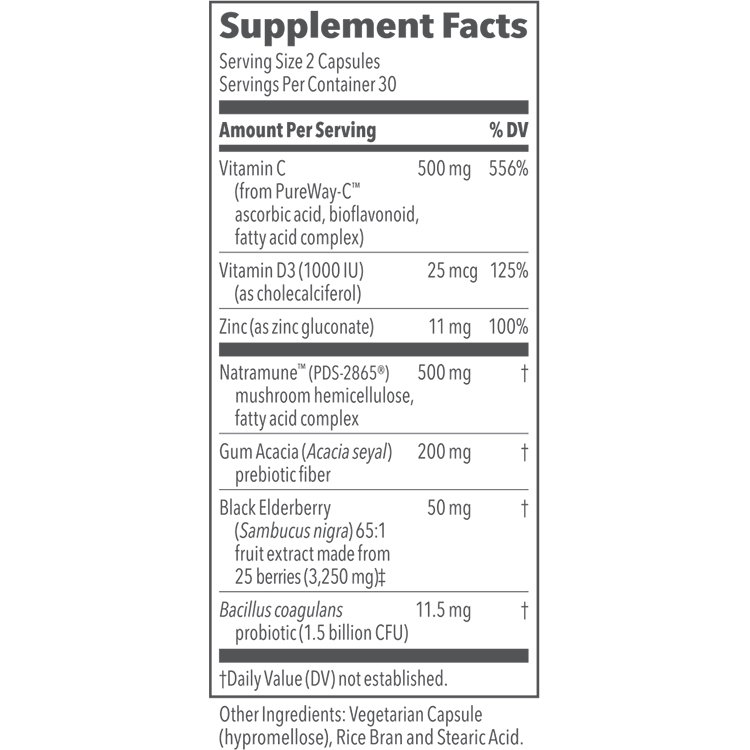BACKGROUND
Ingredient Type: Botanical, Herb, Extract
Also Known As: Withania somnifera, Ajagandha, Amangura, Asan, Asana, Asgand, Asgandha, Ashvagandha, Ashwanga, Asoda, Asundha, Avarada, Ayuvedic ginseng, Clustered winter cherry, Indian ginseng, Indian winter cherry, Kuthmithi, Peyette, Sogade-Beru, Strychnos, Winter cherry, Ashwagandha root extract

Ashwagandha, is an herb used in Ayurvedic medicine. It grows in dry areas of India, the Middle East and parts of Africa (1). It is an adaptogen, helping the body to naturally adapt to stress and normalize bodily processes.
As an adaptogenic herb ashwagandha works by increasing general vitality and resistance, and strengthening the body’s system. It is shown to reduce the impact of stress and anxiety. Studies find that people who take ashwagandha have decreased blood pressure and pulse rate (7).
Ashwagandha is typically used in health supplements today to assist with physical endurance and stress management (2).
TRADITIONAL USES
Ashwagandha is used in traditional African medicine for a variety of ailments (3) and has been used in Ayurvedic medicine in India as an adaptogenic herb for thousands of years (2). The traditional belief is that by ingesting the herb, it will make you as strong and virile as a horse. The roots of ashwagandha are traditionally used in Ayurvedic medicine to promote a calming effect on the body and mind. It is supplemented primarily for its ability to prevent anxiety. The anti-anxiety effect is also believed to be synergistic with alcohol.
WHAT DOES SCIENCE TELL US?
- In one clinical trial, ashwagandha root extracts improved symptoms of perceived stress by 44% compared to baseline levels. Other measures of stress, anxiety, and depression were reduced by 72.3% to 71.6%. Serum cortisol levels were also decreased by 27.9% in patients taking ashwagandha (7).
- A published study in the Indian Journal of Psychological Medicine, showed that Ashwagandha greatly reduced stress, anxiety, and serum cortisol levels (7,9).
- A study found that taking ashwagandha improved anxiety, well-being and overall health improved over 90 days (8).
- A study showed supplementation with ashwagandha in persons diagnosed with generalized anxiety disorder showed significant improvements in both depression and anxiety (9).
- Ashwagandha given to persons with anxiety disorders who were also given counseling noted that supplementation was associated with a 56.5% reduction in anxiety symptoms (10).
Even More:
Coming soon
SAFETY
Orally, Ashwagandha has been well tolerated at typical doses. In clinical trials using doses above 5 grams daily there have been some reports of gastrointestinal upset, dermatitis, and decreased libido. In typical doses, it has been used for up to 12 weeks with no reported adverse reactions.
In mice, doses of 1,000mg/kg produced fatalities, while 500-750 mg/kg appeared safe (4,5,6).
Interactions:
Moderate
- Moderate interactions are are hypothetical at this point but include: Antidiabetic drugs, Antihypertensive drugs, CNS depressants, and Immunosuppressants.
Side-Effects:
- None reported for typical doses. At high doses ashwagandha has been reported to cause gastrointestinal disturbance.
REFERENCES
- Ven Murthy MR, Ranjekar PK, Ramassamy C, and Deshpande M. Scientific basis for the use of Indian ayurvedic medicinal plants in the treatment of neurodegenerative disorders: ashwagandha. Cent Nerv Syst Agents Med Chem. 2010;10(3):238-246.
- Biswal BM, Sulaiman SA, Ismail HC, Zakaria H, Musa KI. Effect of Withania somnifera (ashwagandha) on the development of chemotherapy-induced fatigue and quality of life in breast cancer patients. Integr Cancer Ther. 2013;12(4):312-322.
- Dasgupta A, Peterson A, Wells A, Actor JK. Effect of Indian Ayurvedic medicine ashwagandha on the measurement of serum digoxin and 11 commonly monitored drugs using immunoassays: a study of protein binding and interaction with Digibind. Arch Pathol Lab Med. 2007;131:1298-1303.
- Agnihotri AP, Sontakke SD, Thawani VR, Saoji A, Goswami VS. Effects of Withania somnifera in patients of schizophrenia: a randomized, double-blind, placebo-controlled pilot trial study. Indian J Pharmacol. 2013;45(4):417-418.
- Davis L, Kuttan G. Effect of Withania somnifera on cyclophosphamide-induced urotoxicity. Cancer Lett. 2000;148:9-17.
- McGuffin M, Hobbs C, Upton R, Goldberg A, eds. American herbal products association’s botanical safety handbook. CRC Press. 1997.
- Chandrasekhar K, Kapoor J and Anishetty S. A prospective, randomized double-blind, placebo-controlled study of safety and efficacy of a high-concentration full-spectrum extract of ashwagandha root in reducing stress and anxiety in adults. Indian J Psychol Med. 2012;34(3):255-262. doi:10.4103/0253-7176.106022.
- Auddy B, Hazra J, Mitra A, et al. A standardized Withania somnifera extract significantly reduces stress-related parameters in chronically stressed humans: a double-blind, randomized, placebo-controlled study. JANA. 2008;11(1):50-56.
- Andrade C, Aswath A, Chaturvedi SK, Srinivasa M, Raguram R. A double-blind, placebo-controlled evaluation of the anxiolytic efficacy of an ethanolic extract of Withania somnifera. Indian J Psychiatry. 2000;42(3):295-301.
- Cooley K, Szcurko O, Perri D, Mills EJ, Benhardt B, Zhou Q, Seely D. Naturopathic care for anxiety: a randomized controlled trial ISRCTN78958974. PLoS One. 2009;4(8):e6628. doi:10.1371/journ1l.pone.0006628.
See the Examine.com entry for ashwagandha or the MedlinePlus entry for ashwagandha for more information.




